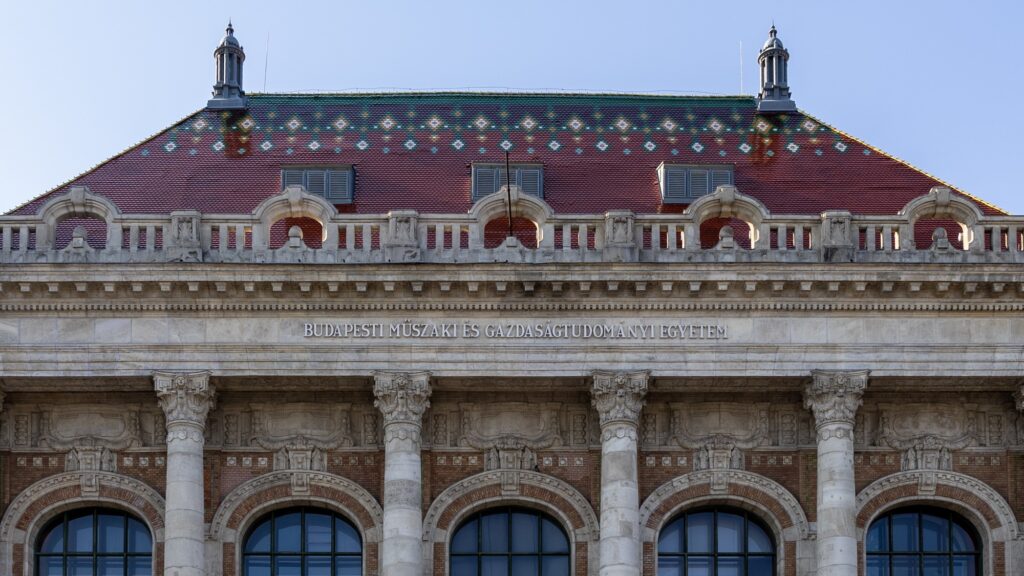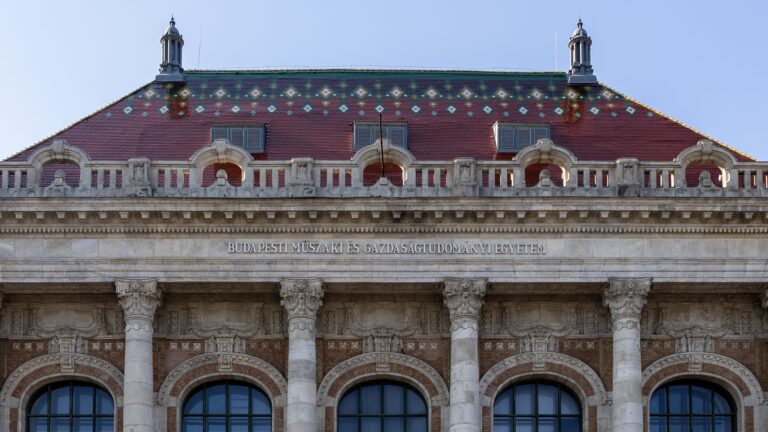The Hungarian government is providing HUF 100,000 in back-to-school support to a record number of Hungarian students living beyond the borders. Under the Hungarian in the Homeland programme a total of 232,004 applications were submitted by students from Hungarian communities abroad, of which 227,301—representing 97.8 per cent—were approved. The gross amount of HUF 100,000 per student is being granted equally to pupils in primary and secondary education as well as to university students.
The overwhelming majority of recipients—217,095 students—are enrolled in public education, while approximately 10,206 applicants are studying in higher education. This is not only a record number, but also a sign that, after a moderate decline, the number of students receiving education in Hungarian has stabilized in the beyond-the-border regions. Interest was particularly strong in Upper Hungary (southern Slovakia; Felvidék), where—except for the pandemic year of 2020—this year saw the highest number of applications submitted in the past 15 years. This is partly due to the digitalization and simplification of the application process, and partly to the increased amount of support offered.
Over the past decade, the Hungarian government has pursued a deliberate national policy aimed at strengthening Hungarian communities beyond the borders by preserving their identity and mother-tongue education. The 2010 amendment to the citizenship law allowed for simplified naturalization, resulting in over one million Hungarians abroad acquiring Hungarian citizenship, most of them with voting rights as well.
In parallel, a comprehensive institutional framework has been established: the State Secretariat for National Policy, the Bethlen Gábor Fund, the Institute for National Policy Research, the House of Hungarians, and various civil partner organizations—such as the Rákóczi Association and Pro Civis—all work together to support Hungarian life in the Carpathian Basin.
The government has allocated close to HUF 1.5 trillion in the past 15 years directly to national policy objectives, supporting educational, cultural, civil, and economic development projects across the region. Well-known initiatives such as Without Borders, the Kőrösi Csoma Sándor, Petőfi and Mikes programmes all form part of this strategic framework, helping Hungarian youth beyond the borders maintain their connections with Hungary, their identity, and their cultural roots.
Related articles:







